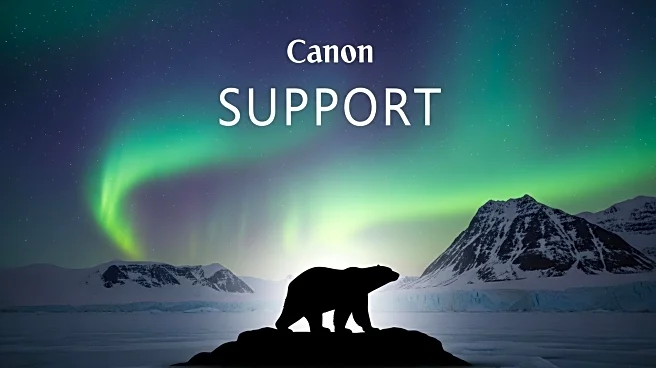What is the story about?
What's Happening?
The Trump administration is considering a proposal to allocate $50 million in foreign aid to protect polar bears in Greenland, alongside $25 million for snow leopards in Nepal. This initiative contrasts with the administration's broader efforts to cut humanitarian and wildlife programs. The proposal is part of a congressionally mandated biodiversity funding, which the State Department is exploring to comply with legal requirements while advancing strategic goals. The move has surprised diplomats and conservationists, given the administration's previous cuts to foreign assistance.
Why It's Important?
The proposal highlights the complexities of U.S. foreign aid policy under the Trump administration, balancing legal obligations with strategic interests. The focus on wildlife conservation in Greenland and Nepal may strengthen diplomatic ties and support biodiversity efforts, but it also raises questions about the administration's priorities and the impact on other aid programs. The initiative may influence international perceptions of U.S. commitment to environmental conservation.
What's Next?
The proposal may face scrutiny from Congress and stakeholders, with potential debates over the allocation of funds and the broader implications for U.S. foreign aid policy. The administration may need to navigate legal and diplomatic challenges to implement the initiative effectively.
Beyond the Headlines
The focus on polar bears and snow leopards reflects broader environmental and geopolitical considerations, including the strategic importance of Greenland and the role of conservation in international relations. The initiative may have long-term implications for U.S. environmental policy and global biodiversity efforts.
















